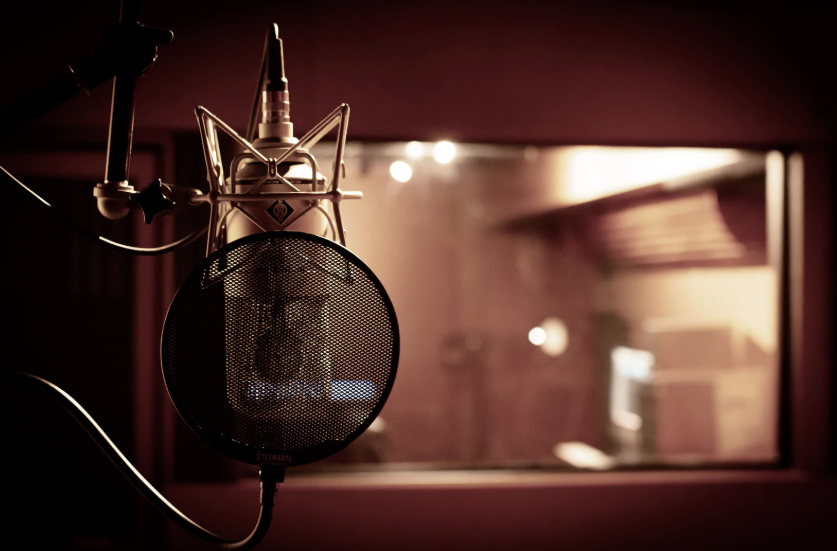Own Your Sound: Why Owning Your Masters Is the Ultimate Power Move for Music Artists
Own Your Sound: Why Owning Your Masters Is the Ultimate Power Move for Music Artists

In the world of music, one phrase can determine the trajectory of your financial future and creative legacy: own your masters.
If you're a recording artist—or aspire to be one—understanding the significance of master ownership could mean the difference between long-term wealth and lifelong regret. Artists pour their soul into every track, yet many unknowingly give away the very rights that should keep paying them for generations.
Let’s unpack why owning your masters is not just smart—it’s essential.
🎧 What Are “Masters,” Anyway?
Your master recordings are the original recordings of your music—the version from which all copies (streaming, CDs, sync licensing, etc.) are made. Whoever owns the masters has the legal right to license them, sell them, and collect revenue from their use.
Translation? If you don’t own your masters, you don’t control your music.
💰 Masters = Long-Term Money
Every time your song is streamed, synced in a movie, played in a commercial, or used in a video game, it earns money. But who gets that money depends on who owns the masters.
If a label owns your masters, they’re the ones collecting the checks. You might get a small royalty—after recoupment and fine print deductions. But if you own your masters, you can license your music directly and collect the full fee.
Just ask Prince, who famously said: “If you don’t own your masters, your master owns you.”
🧠 Ownership = Control
Owning your masters means you get to decide how, when, and where your music is used. That means:
- Saying yes to a powerful sync placement.
- Saying no to brand deals that don’t align with your values.
- Avoiding your song showing up in a political ad or controversial project.
Without ownership, you don’t get a vote.
🔁 Taylor Swift’s Masterclass in Taking Control
When Taylor Swift’s original masters were sold without her consent, she responded with a bold move: she began re-recording her albums to reclaim her sound and her stake. This is a powerful reminder of what’s at risk when someone else owns the rights to your voice.
Taylor had the resources and fan base to fight back—but most artists don’t.
So why not protect yourself from the start?
⚖️ How to Own Your Masters (and Avoid the Trap)
If you're independent, you automatically own your masters—unless you sign them away. Before you enter any agreement, here’s what you need to do:
- Have a lawyer review your contracts. Always. No exceptions.
- Negotiate “ownership” clauses. Some deals allow you to retain master rights or buy them back after a period.
- Set up the right entity. Owning your masters through an LLC can add an extra layer of protection and structure for tax and licensing purposes.
- Register and catalog your works. Know what you own, and make sure others know too (through PROs, SoundExchange, and Copyright Office).
🎤 Final Word: Your Music Is Your Legacy
Too many artists die without a plan, leaving their catalogs tangled in court or tied up with corporations that never shared their vision. But with the right knowledge and the right team, your masters can become the foundation for generational wealth.
Ownership is power.
Ownership is freedom.
Ownership is legacy.
So protect your sound.
Own your future.
Own your masters.
Want help navigating the legal side of music ownership? At Mason Firm, we protect artists, their art, and their equity.
Book a Music Business Strategy Session today.
